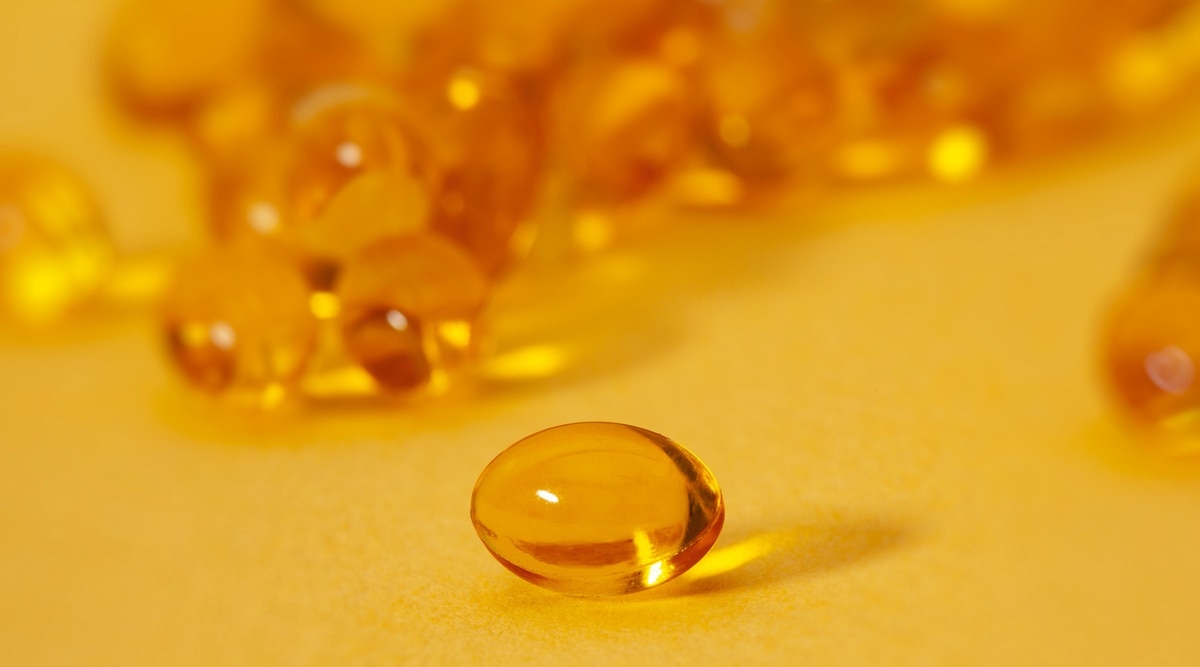Taking Vitamin D supplements during coronavirus infection beneficial, dips levels of cytokine storm: PGIMER meta-analysis
Vitamin D supplemented prior to diagnosis of Covid-19 not found to improve clinical outcomes

As Covid-19 continues to affect lives, the search for an effective therapy remains elusive. Accordingly, multiple existing drugs have been repurposed for the management of coronavirus infection. In this context, the role of Vitamin D, a fat-soluble vitamin, which is primarily related to bone and mineral metabolism in Covid-19 management has been debated several times, with some data diminishing its role and some studies indicating its benefits in Covid-19.
Considering the heterogeneity in the available clinical evidence, a present systematic review and meta-analysis was undertaken by PGI doctors to provide a precise summary and collate the effect of Vitamin D supplementation on adverse clinical outcomes in Covid-19 patients. Summarising the hitherto available clinical evidence, doctors at PGI, have recently published a study in the Journal of Endocrinological Investigation titled, ‘Vitamin D supplementation and clinical outcomes in Covid-19: A systematic review and meta-analysis.’
The study was conducted by Dr Rimesh Pal, Dr Mainak Banerjee, Professor Sanjay K Bhadada, Dr Anirudh J Shetty, Dr Birgurman Singh and Dr Abhinav Vyas. “Pooled data from 13 studies and retrieved from 2,933 Covid-19 patients showed that Vitamin D supplemented after the diagnosis of Covid-19 leads to improved clinical outcomes in terms of reduced mortality and/or intensive care unit admission,” said Professor Sanjay K. Bhadada, Head of Endocrinology Department at PGI.
Professor Bhadada added that when diagnosed with Covid-19, Vitamin D helped in better recovery of patients, but more than the prescribed standard dose can lead to toxicity and overzealous use of Vitamin D must be avoided. “Multiple mechanisms were studied, and apart from improved immunity, the use of Vitamin D showed a drop in the levels of cytokine storm. Also, as patients are mostly indoors due to the disease, there is no exposure to natural sunlight,” added Professor Bhadada. He agreed that Vitamin-D deficiency is high in Indians due to less exposure to sunlight and the colour of our skin.
The study lends support to the fact that Vitamin D can be used as an effective adjuvant treatment modality in patients hospitalised with Covid-19. The anti-viral and the immunomodulatory role of Vitamin D are perhaps helpful in this regard. Nevertheless, the irrational and rampant use of Vitamin D to prevent Covid-19 must not be a norm. “The use of Vitamin D in high doses, especially injectable preparations, to prevent Covid-19 should be strongly discouraged. Vitamin D, supplemented prior to the diagnosis of Covid-19 was not found to improve clinical outcomes in our meta-analysis. Instead, overuse can lead to Vitamin D toxicity,” added Dr Rimesh Pal.
Dr Pal said that they went through the studies conducted on the subject across the world till June 8, and selected 13 of them- 10 observational and three random control trials, looking at both mortality and\or mortality and the hardcore outcomes, before and after diagnosis. “We did both adjusted and unadjusted analysis and both led to similar findings, as the beneficial effect of Vitamin D after Covid-19 diagnosis was magnified,” adds Dr. Pal.
The present meta-analysis happens to be the most comprehensive pooled data regarding Vitamin D supplementation on clinical outcomes in Covid-19. Besides, subgroup analysis showed that the patients supplemented with Vitamin D after the diagnosis of Covid-19 were more likely to benefit rather than those supplemented with the drug prior to the diagnosis. “In conclusion, the present systematic review and meta-analysis suggests that Vitamin D supplementation might be associated with improved clinical outcomes in terms of ICU admission and/or mortality, especially in those with moderate-to-severe Covid-19 requiring hospitalisation. However, issues regarding the appropriate dose, duration, and mode of administration of Vitamin D remain unanswered and provide avenues for further research,” summed up Dr Pal.
Source: Read Full Article
